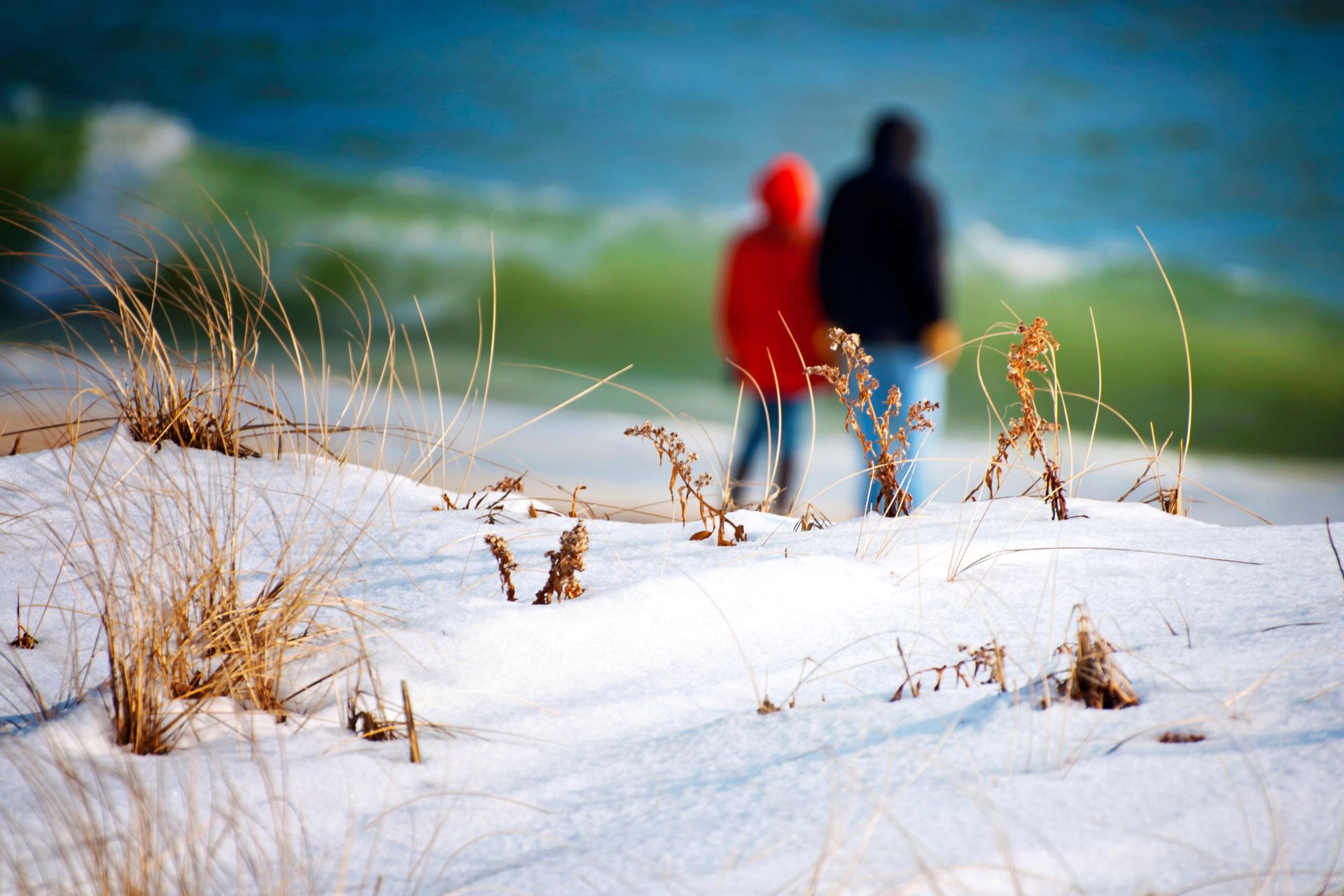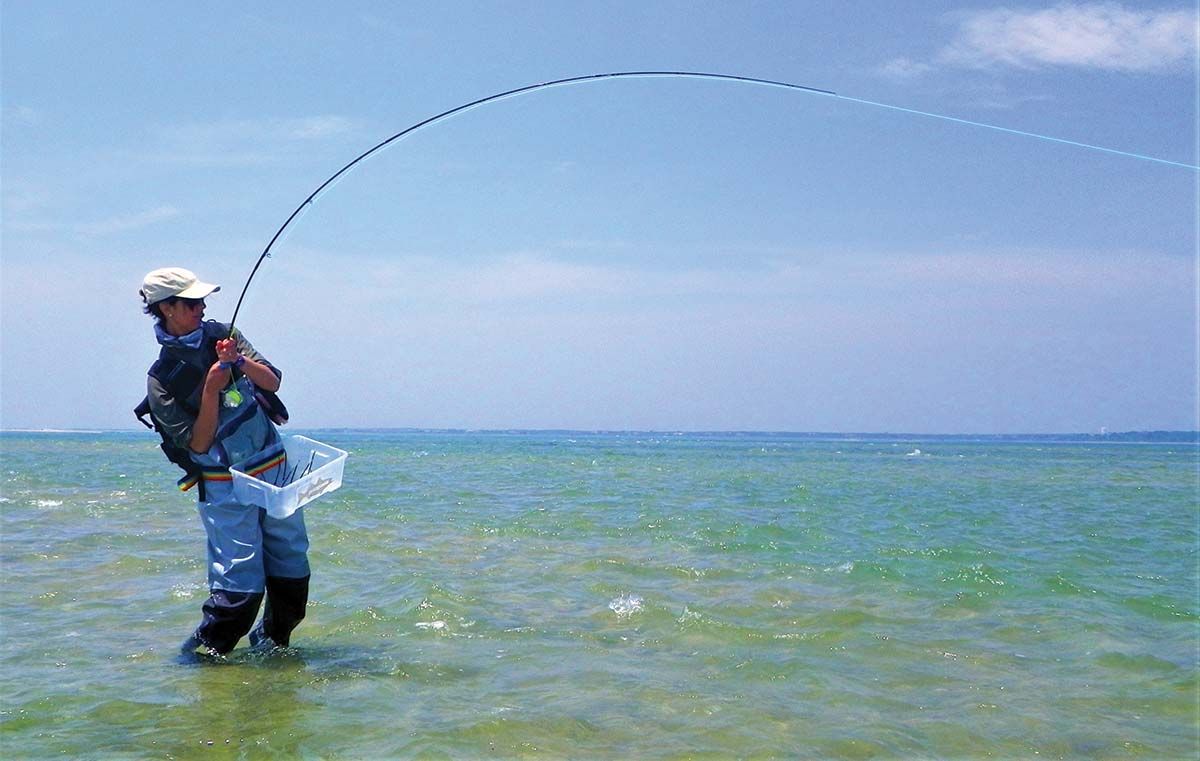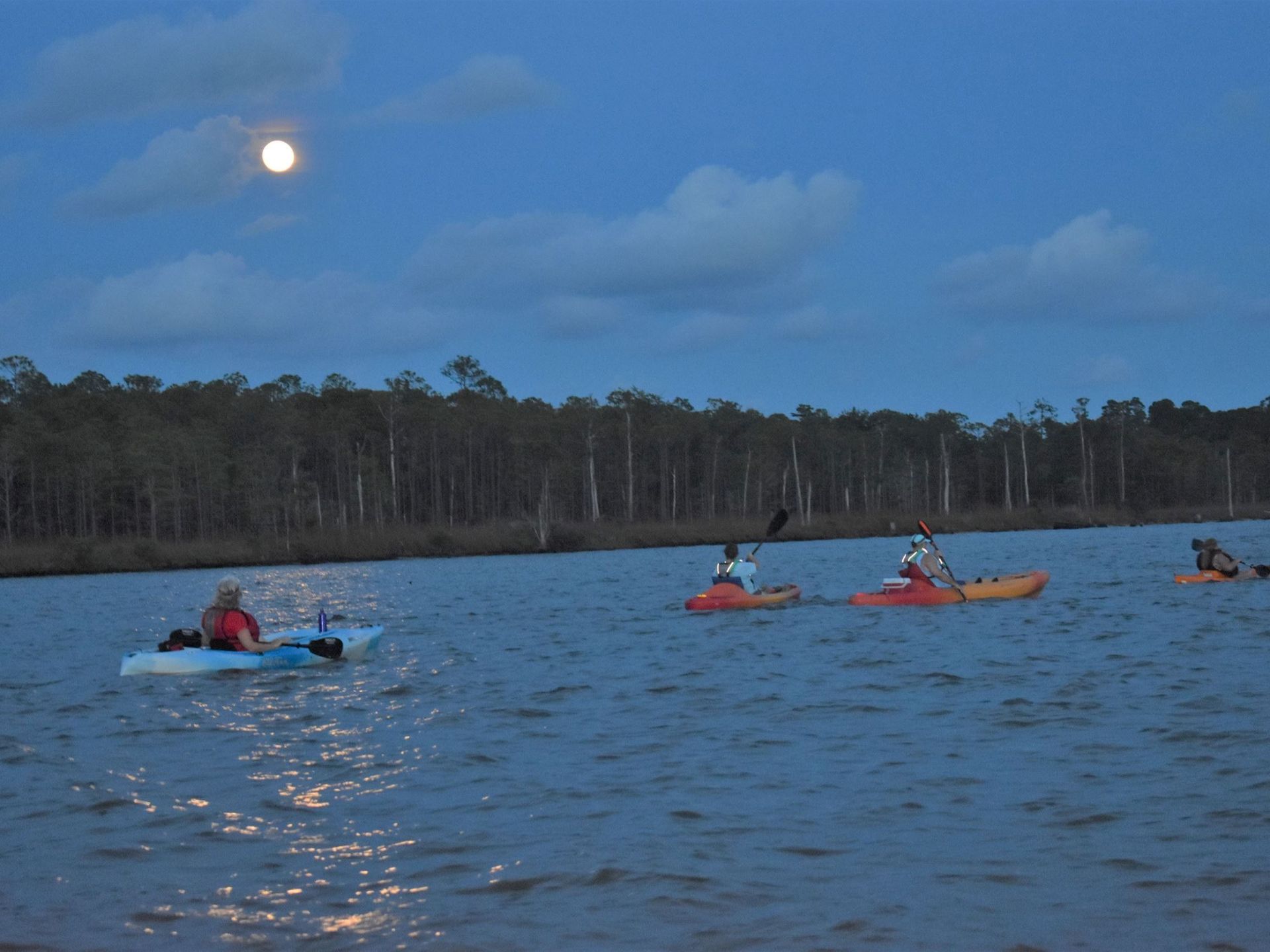Today Is The Shortest of the Year and Marks The Official Start of Winter
Ken Cooper • December 21, 2024
The days will finally start getting longer

Does the early dark sky mess with your internal clock? Things will be changing soon. As the year winds down, Gulf Shores, like every other place in the Northern Hemisphere, experiences its shortest day of the year today. This day, known as the Winter Solstice or the first day of winter, marks a turning point in the calendar. In addition, the sun sets at its furthest point to the south, marking the end of the shortest day of the year. Starting today, the sun begins its gradual journey back towards the north, bringing with it loner days as we head toward spring.
The winter solstice occurred at 3:20 AM this morning. The sun will rise at approximately 6:42 AM and sets at 4:54 PM, providing us with about 10 hours and 12 minutes of daylight. In contrast, the duration of darkness is approximately 13 hours and 48 minutes. On this day, there is about 3 hours and 55 minutes less daylight than on the June solstice.
We begin to experience a gradual increase in daylight each day. This change is initially subtle but becomes more noticeable as we approach spring. The rate of daylight gain is similar to the rate of loss experienced before the solstice, averaging about 18 to 51 seconds per day.
In 2025, Daylight Saving Time (DST) starts on March 9th. This means there are 70 days from December 21st until the clocks are moved forward. During this period, we will gain approximately 35 minutes of daylight, based on an average increase of 30 seconds per day. This shift marks not only the extension of daylight hours but also ushers in the much-anticipated spring and its accompanying warmer temperatures.
We may even get permanent DST time this year! There is a bipartisan push in the U.S. Congress to stop the time changes and make DST the normal time pattern. If they are successful, the country would join about two-thirds of others globally that do not ascribe to the increasingly controversial practice, according to the Pew Research Center.
Recent Posts

























